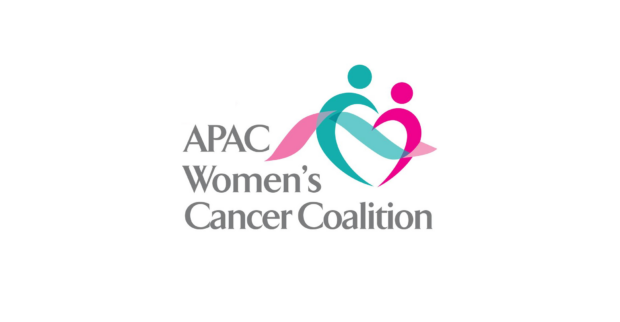APAC WCC report says urgent investment and collaborative action needed
Reducing the burden of breast & cervical cancers in emerging economies in the Asia Pacific (APAC) region like the Philippines is achievable with strategic, targeted, and sustainable intervention and action, according to a report released recently by the APAC Women’s Cancer Coalition (APAC WCC).
APAC WCC is a diverse group of stakeholders committed to stemming the growing burden of cervical and breast cancer among women in the region.
According to its report “Impact and Opportunity: the Case for Investing in Women’s Cancers in the Asia Pacific,” Filipino women, and those in the Asia Pacific (APAC), face a disproportionately high risk of being impacted by breast and cervical cancer compared to women globally. Implementing a national, accessible, cancer-specific digital registry that can ensure timely and accurate information, monitoring, and tracking systems will be critical in ensuring that coverage for both cancers is met, improving follow-up treatment, and capturing data that would improve programs and services.
The APAC WCC report, supported by Roche and published by Economist Impact, examines the burden of breast and cervical cancer in six countries in the Asia Pacific region: India, Indonesia, Malaysia, the Philippines, Thailand, and Vietnam, and identifies market-specific gaps and opportunities for improvement. The report includes assessing five domains to understand the current gaps and opportunities: policy and planning; prevention and screening; diagnostics and resource capacity; treatment and access; and awareness and education.
The WHO has previously launched global initiatives, such as the Global Strategy for Cervical Cancer Elimination and Global Breast Cancer Initiative, to accelerate the elimination of cervical cancer and sustained decrease in breast cancer mortality. On the back of the report, APAC WCC is now calling on countries in the Asia Pacific to identify, create, and capitalize on opportunities for progress to meet the WHO’s targets.
“The report highlights discrepancies in the region with respect to national readiness to tackle women’s cancers. It is clear that no single country studied has addressed these diseases completely, which invites an opportunity to trial various approaches towards prevention and control that can inform national and regional cancer control strategies,” said Dr. Heather White, Executive Director, TogetHER for Health, a founding member of the APAC WCC.
The situation in the Philippines
According to WHO’s cervical cancer country profile, only 1% of women aged 35-49 in the Philippines have had a cervical cancer screening in the last 5 years.
There is also no nationwide breast cancer screening program is available in the Philippines, according to the European Journal on breast health.
But under the Philippines’ Universal Health Care (UHC) Act, Philhealth should fully fund cervical cancer and breast cancer screening for women aged 22-55 years old.
Given the high socioeconomic burden of breast and cervical cancer on not only women but also their families and wider society, funding for breast cancer and cervical cancer presents a strong investment case for governments.
According to the World Bank, the Philippines currently spends 5.6% of GDP on health expenditure, compared to a global average of 9.8%. Therapies available in the public sector are limited to more basic treatment, with high out-of-pocket (OOP) costs for advanced treatments.
As the Philippines works to implement the new National Integrated Cancer Control Act (NICCA), organizations like APAC WCC see an opportunity to reduce the financial burden on cancer patients by expanding access under UHC, especially for innovative treatments.
“The critical health risks confronting women in the APAC region are undeniable. APAC WCC has initiated a focused report, delineating clear paths to tackle breast and cervical cancer,” said Ahmed Elhusseiny, Area Head, Roche Pharmaceuticals Asia Pacific. “The findings show that countries must prioritize women’s health by strengthening the political will, establishing robust plans and measures, enhancing screening and prevention efforts, tailoring approaches to improve equitable access, capacity-building and funding, and raising awareness to achieve the WHO’s targets for breast cancer and the elimination of cervical cancer.”
“The case for investment and action to tackle the alarming trends in women’s cancers is apparent from this report,” added Lance Little, Managing Director of Roche Diagnostics. “Through a collective approach from partners throughout the healthcare ecosystem, we can address the gaps and issues highlighted. This progress will create a positive impact for the hundreds of thousands of women in our region already living with cancer and hopefully help us to protect many more women from the threat of cancer in years to come.”
ADVT.
